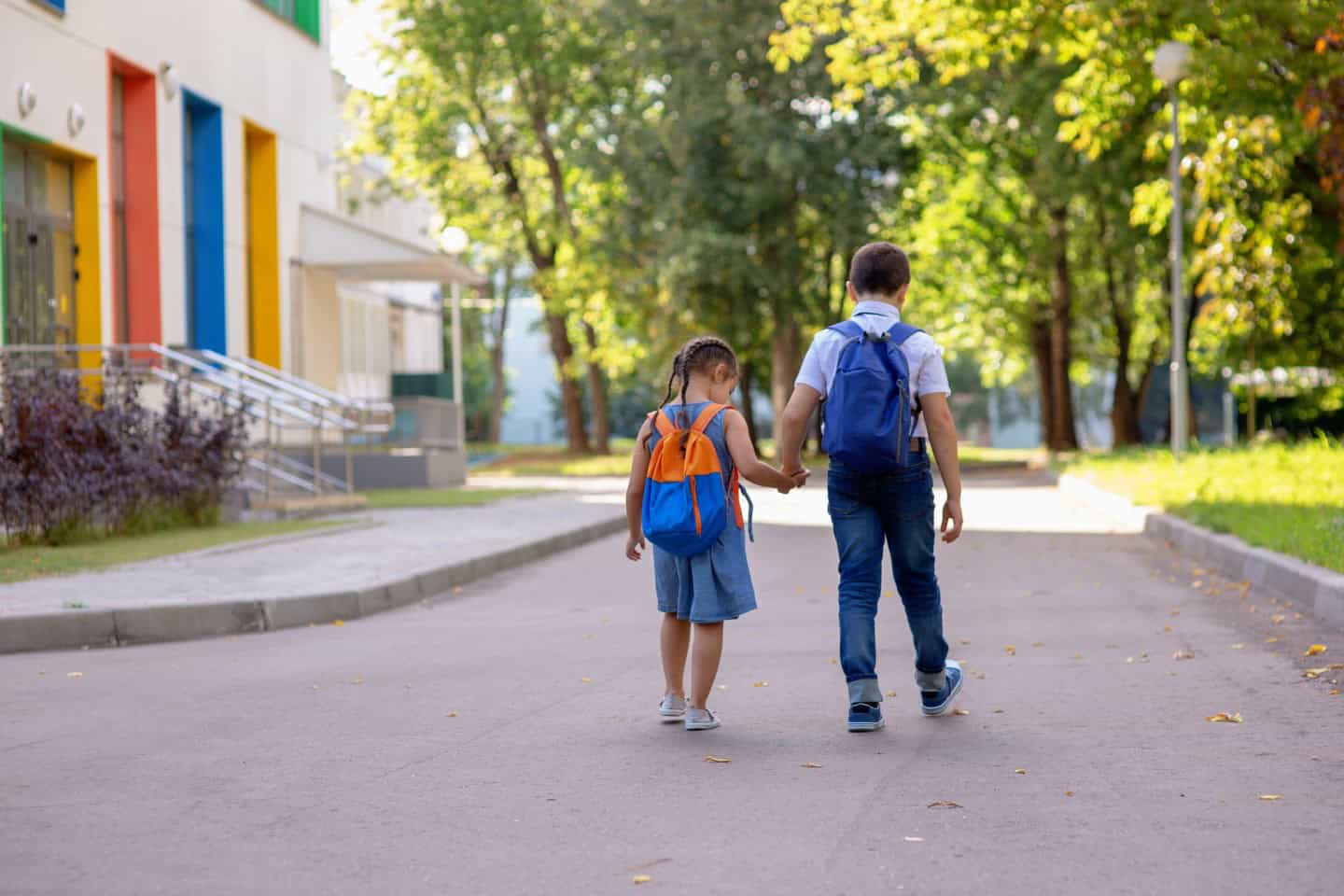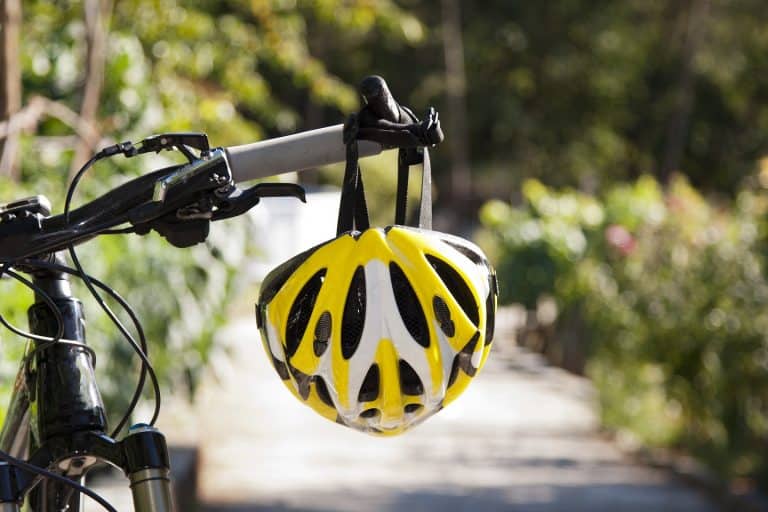
How is compensation affected when kids are careless on the road?
As a parent, one of my biggest fears is my young children being hit by a car while crossing the road. Road accidents are a major cause of traumatic brain injuries, which can have life changing consequences, especially for children whose brains are still developing. As a brain injury specialist, I understand how crucial it is to secure fair compensation to support a child’s rehabilitation and long-term care needs, so what happens if a child was injured while being careless?
In law, the concept of “contributory negligence” applies when someone’s own carelessness contributes to an accident. This can reduce the compensation they receive. In this blog, I’ll explain how the law applies contributory negligence to children.
What is contributory negligence?
Under the Law Reform (Contributory Negligence) Act 1945, if a person is injured partly due to their own fault and partly due to someone else’s, their compensation is reduced based on their level of responsibility.
For this to happen, it must be proved they didn’t take reasonable care for their own safety, and this contributed to the injury. This concept is straightforward when applied to adults but it becomes more complex with children, who cannot be held to the same standard.
How do courts apply contributory negligence to children?
Children aren’t expected to look after themselves in the same way adults are.
Courts will not apply contributory negligence to very young children and have never applied it to children under eight.
It only applies if the child is old enough to be expected to take some responsibility for their own safety and if they can be blamed for the accident.
Courts also look at what an ordinary child of the same age should have done in the same situation.
Let’s explore some real-life cases to see how courts have handled these situations:
- Ellis v Kelly [2018]
An eight-year-old child was hit by a car while running across a road near a zebra crossing, sustaining serious injuries. The car was going at 40mph in a 30mph zone.
The court found the child couldn’t be expected to judge the stopping distance of the car and concluded there was no contributory negligence.
- Alabady v Akram [2021]
A nine-year-old- child crossed a road with her mother when the pedestrian light was red. She was struck by a car speeding at 43mph in a 30mph zone.
The court ruled the child was not at fault, as she was relying on her mother that it was safe to cross and couldn’t be blamed for walking ahead.
- Gul v McDonagh [2021]
A 13-year-old was crossing a residential road when he was hit by a car travelling at 40mph in a 20mph zone while the driver was trying to evade the police. The child suffered a catastrophic brain injury.
Although the court ruled a reasonably safe speed would been 15mph, it found the child partly responsible because the child had a clear view of the driver, was used to crossing roads on his own, and a reasonable 13-year-old would have recognised the danger and waited before crossing.
Compensation was reduced by 10%.
- Jackson v Murray [2015]
A 13-year-old stepped out from behind a school bus after dusk and was hit by a car going at around 50mph in a 60mph zone, sustaining severe injuries. The accident happened on a rural road with no lighting, but the bus had its hazard lights on.
The court found the child 50% responsible because they misjudged the situation in poor lighting conditions.
- Paramasivan v Wicks [2013]
A 13-year-old ran into the road from between parked cars, after throwing an ice cream at a friend, and was hit by a car travelling at 25mph.
The court found the child 75% responsible, as he acted carelessly and was old enough to know better.
As a parent, I find the advice and resources on the Child Accident Prevention Trust website about how best to teach my young children to stay safe around roads is helpful. You may do too.
As a specialist solicitor, I know any reduction in compensation due to contributory negligence can significantly impact a seriously injured child’s future care. So it’s crucial for parents to work with experienced and knowledgeable solicitors who understand the complexities of these claims. Our Child Brain Injury Team has the expertise and determination to gather in all the evidence, including from medical and accident reconstruction experts, to work out how the accident happened, even if the injured child has no memory of it.
Our deep understanding of the relevant law means we can argue the best case for your child to minimise any finding of contributory negligence.
How can we help
If you’re a parent whose child has been injured in an accident and are being told they were responsible in whole or in part, please call us today or fill out our online contact form for a free, no-obligation conversation with one of our specialist child injury solicitors.
We will guide you through the options and support you and your child to get the compensation your child deserves.










